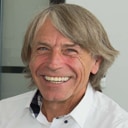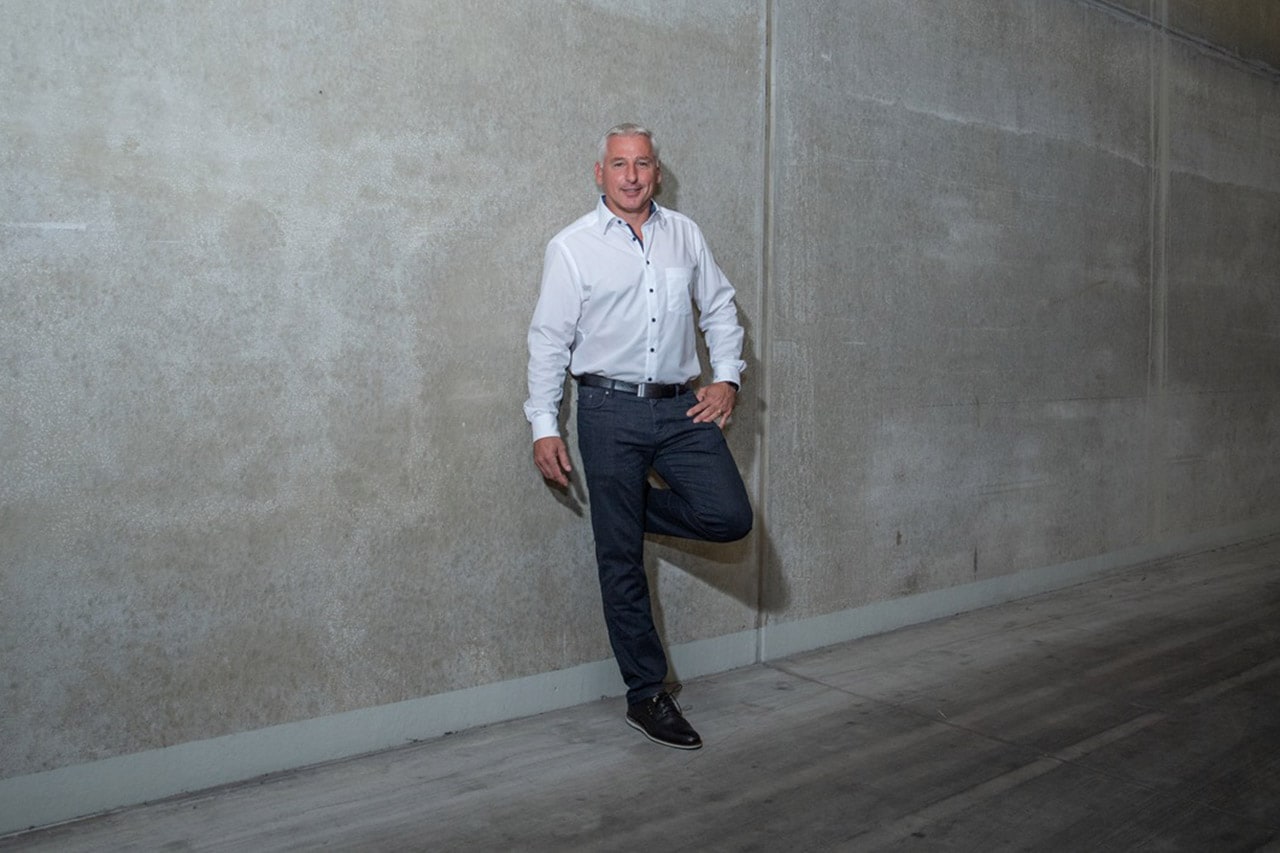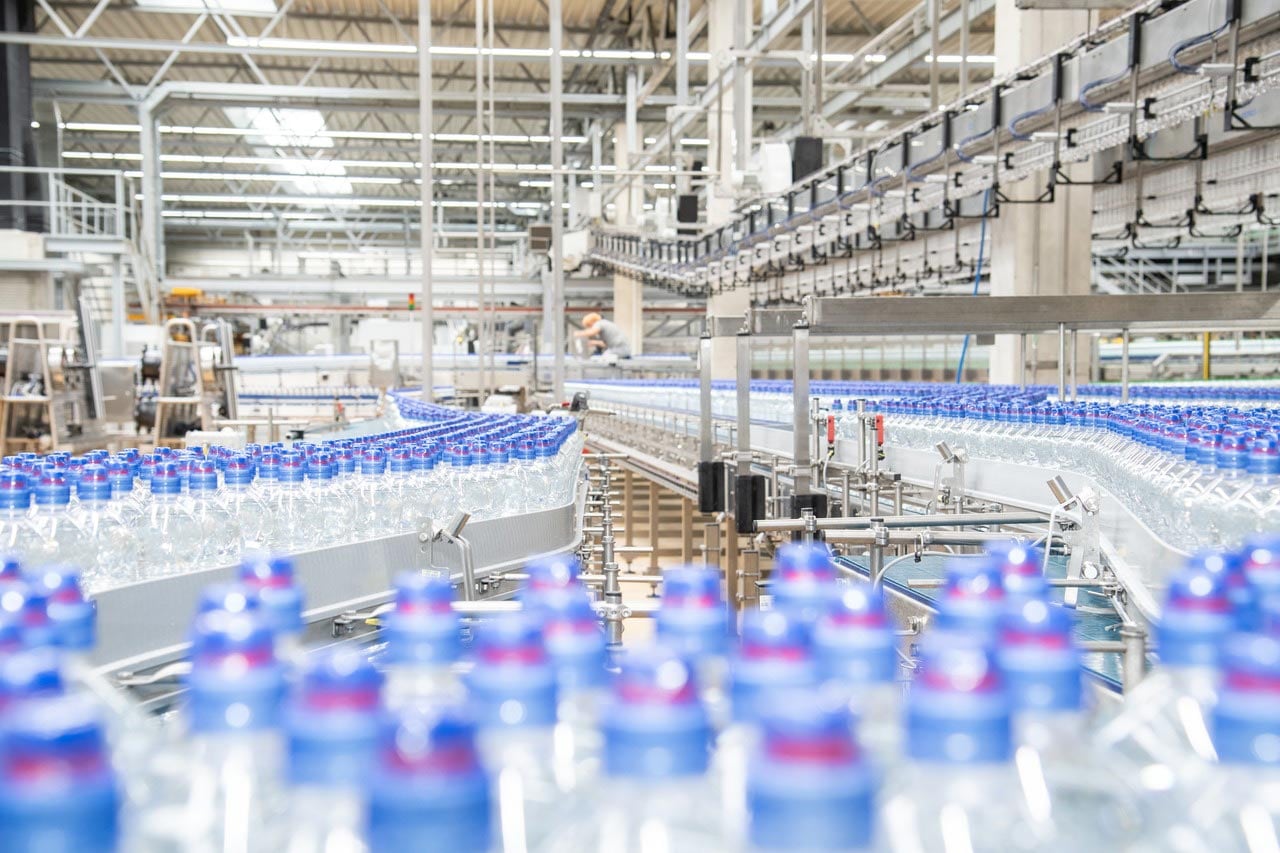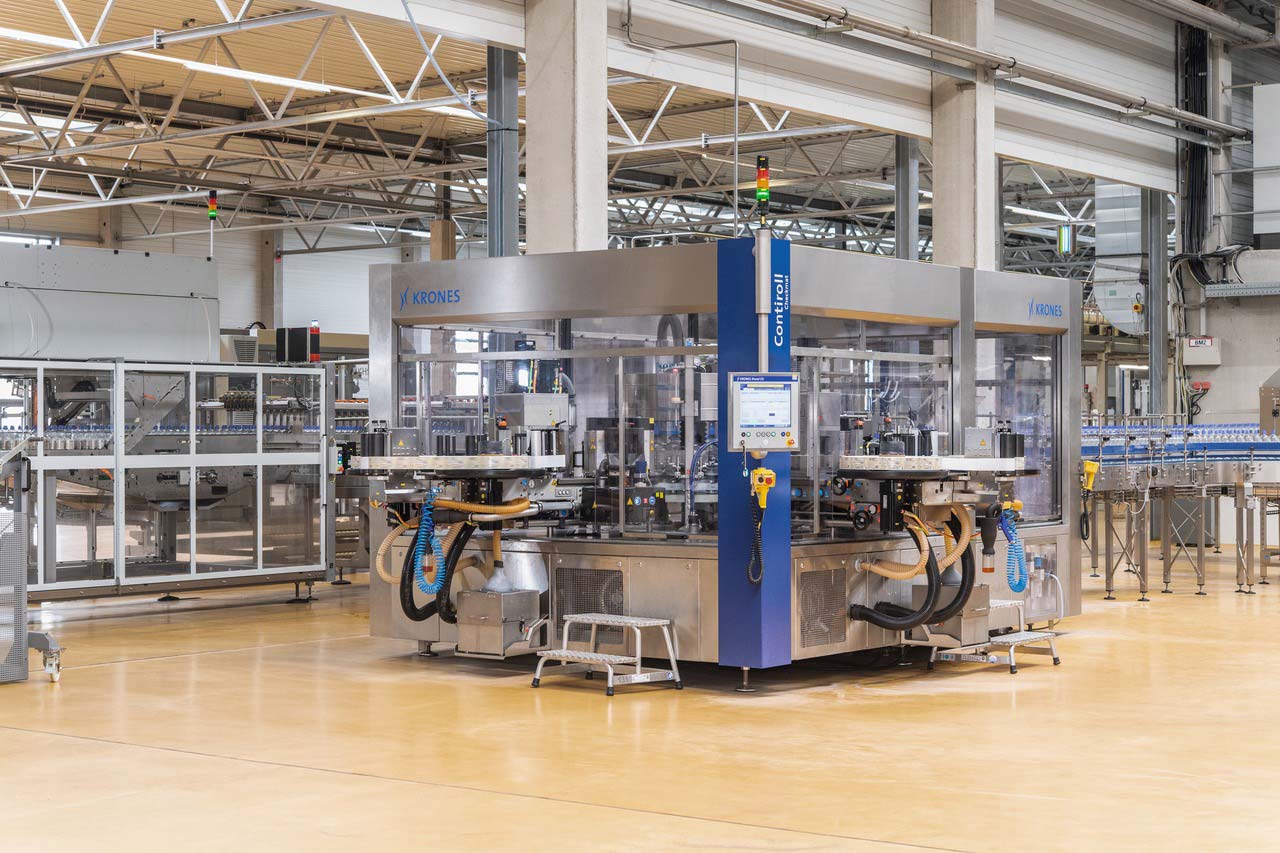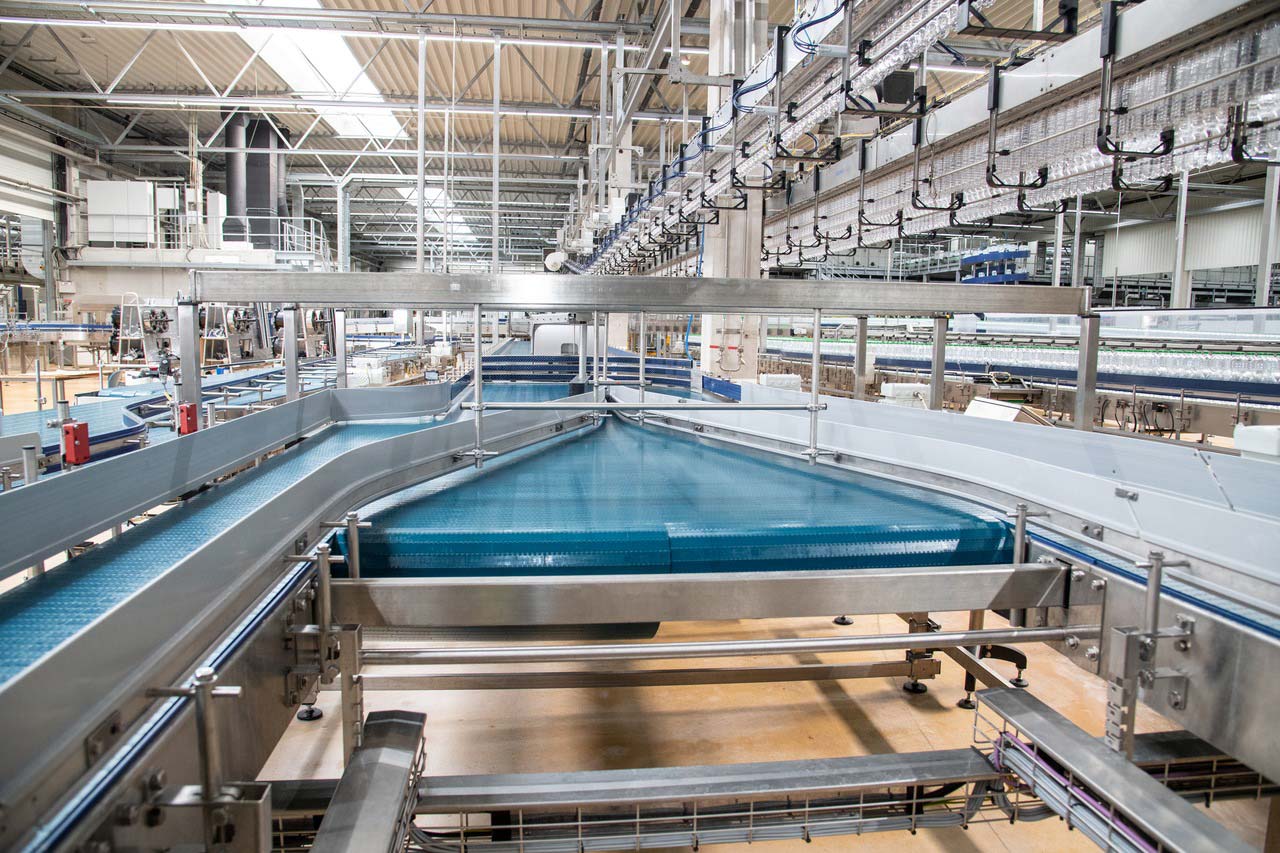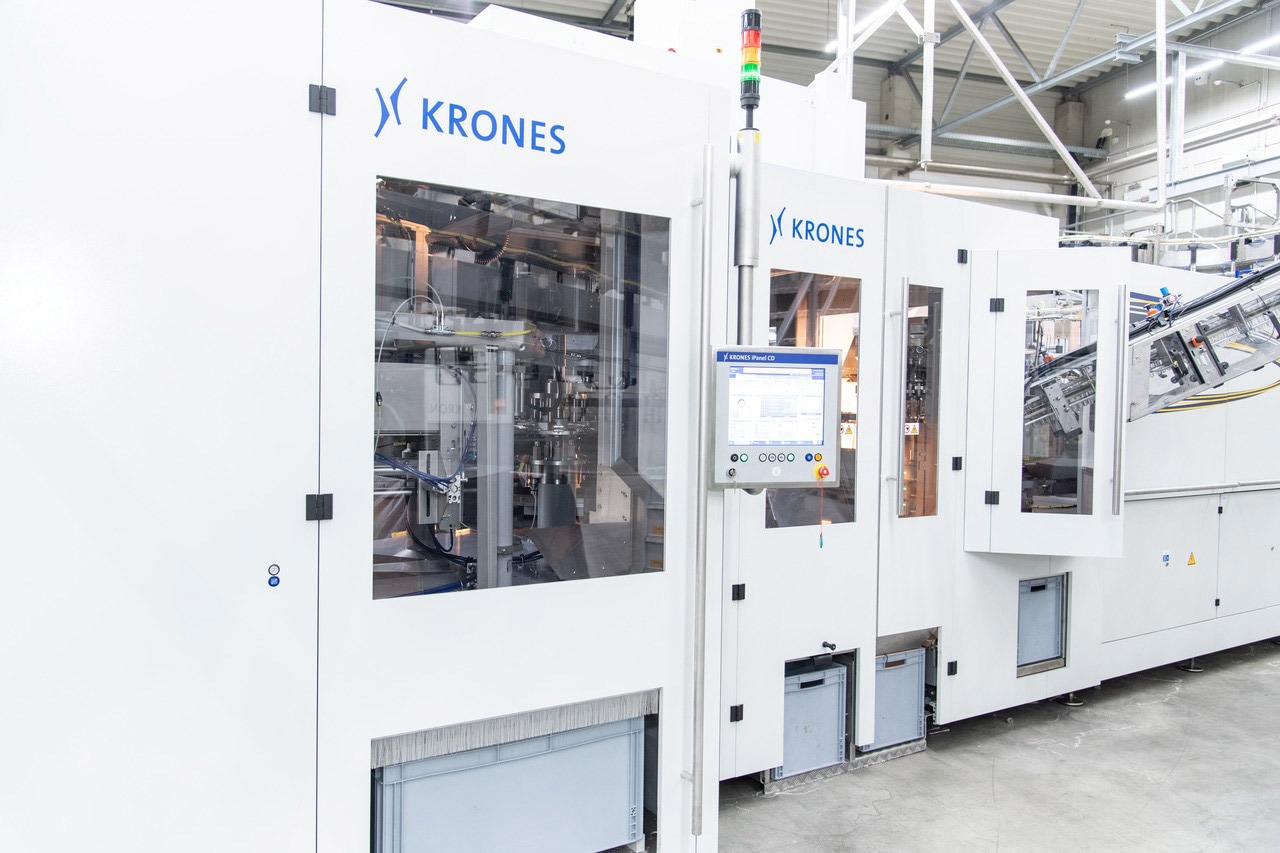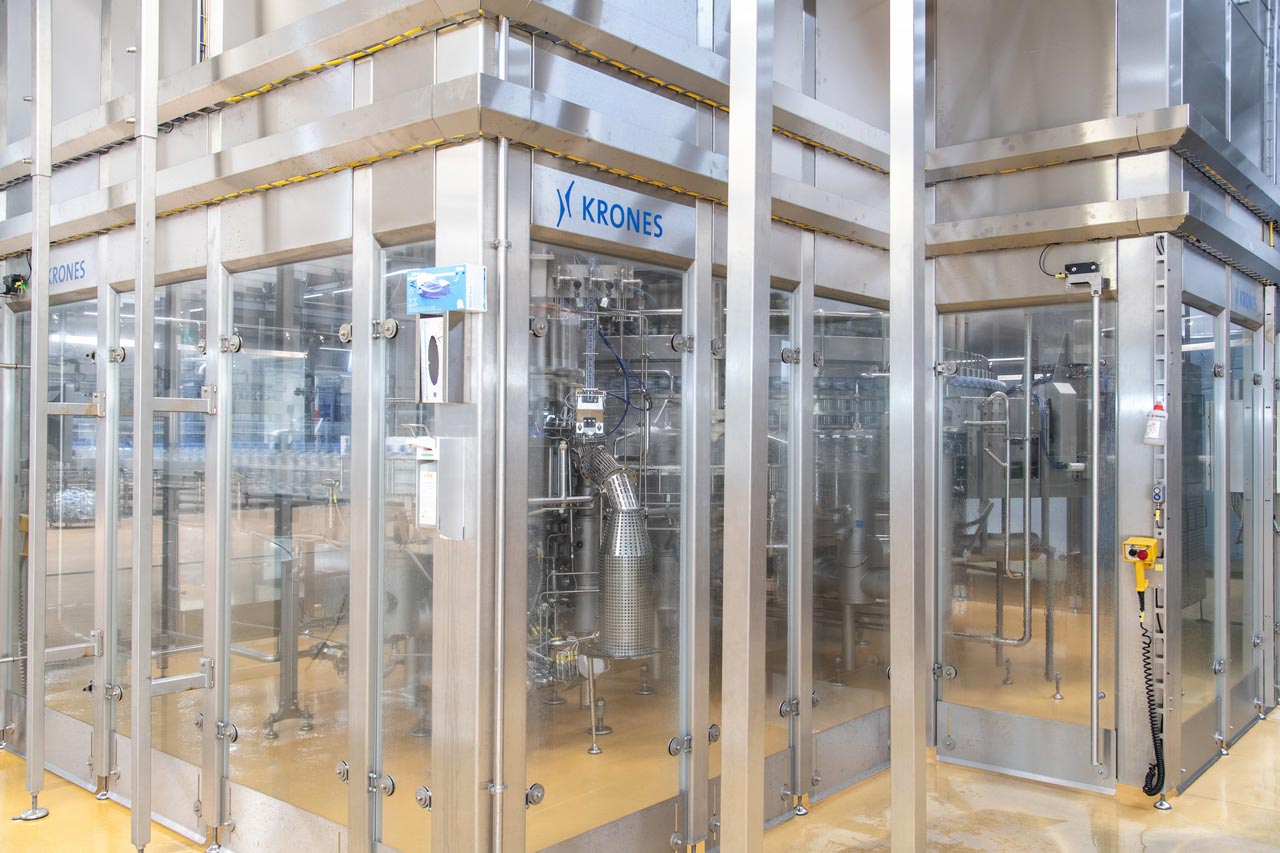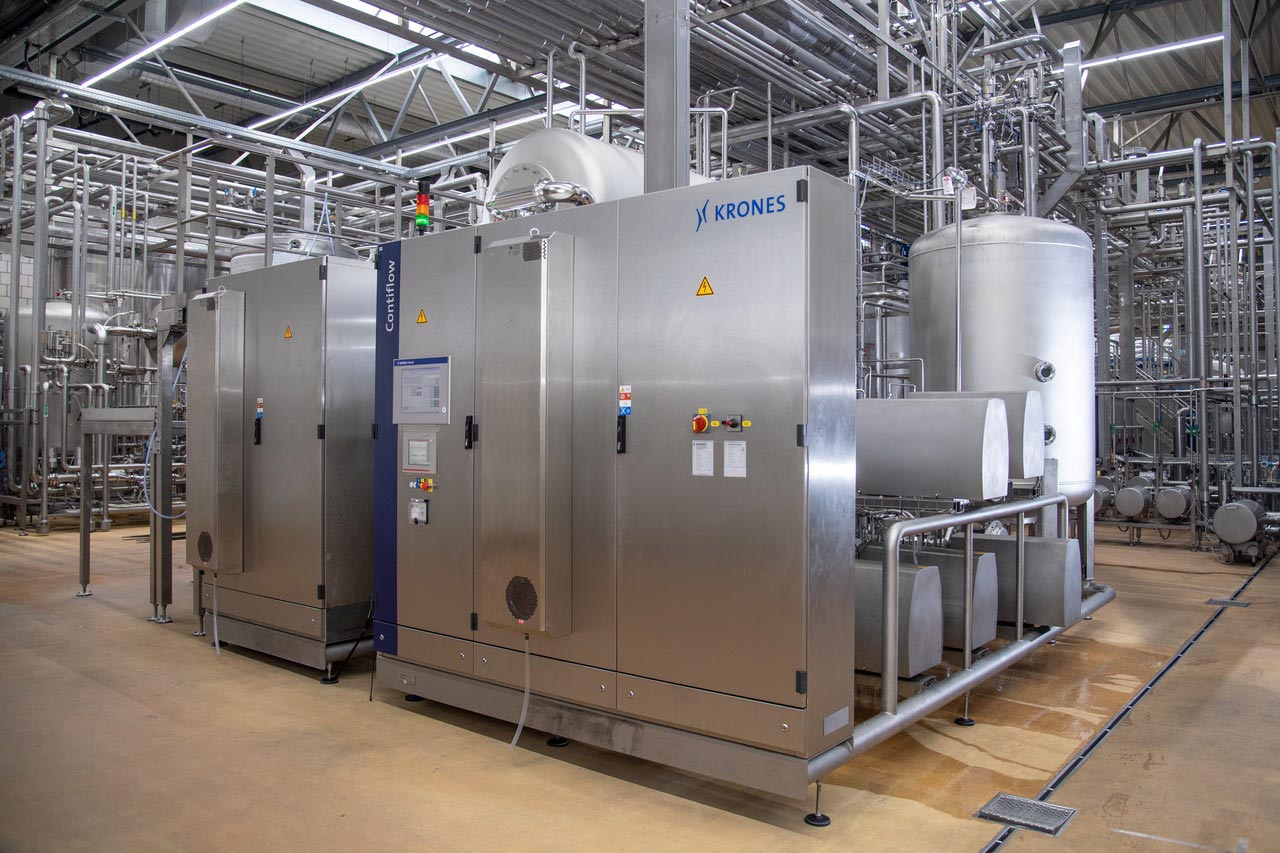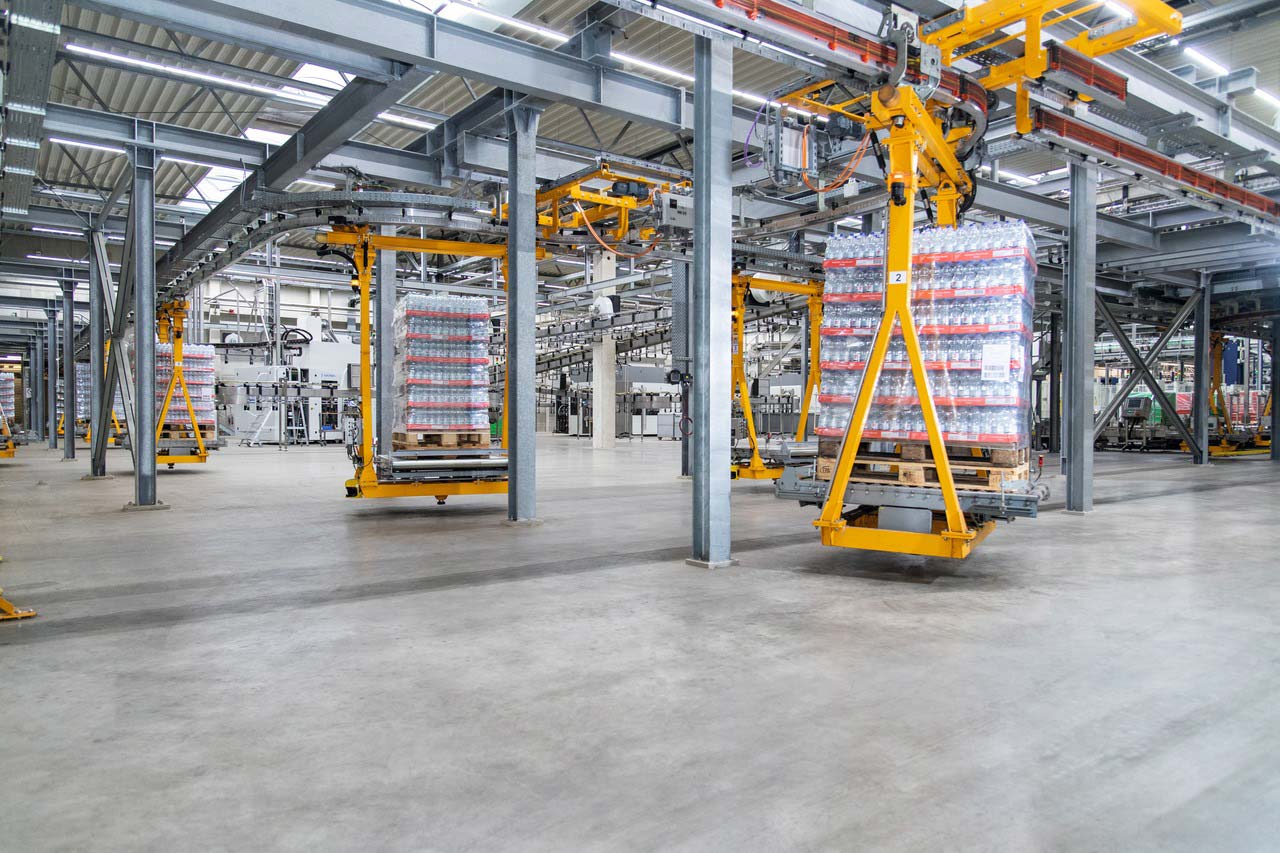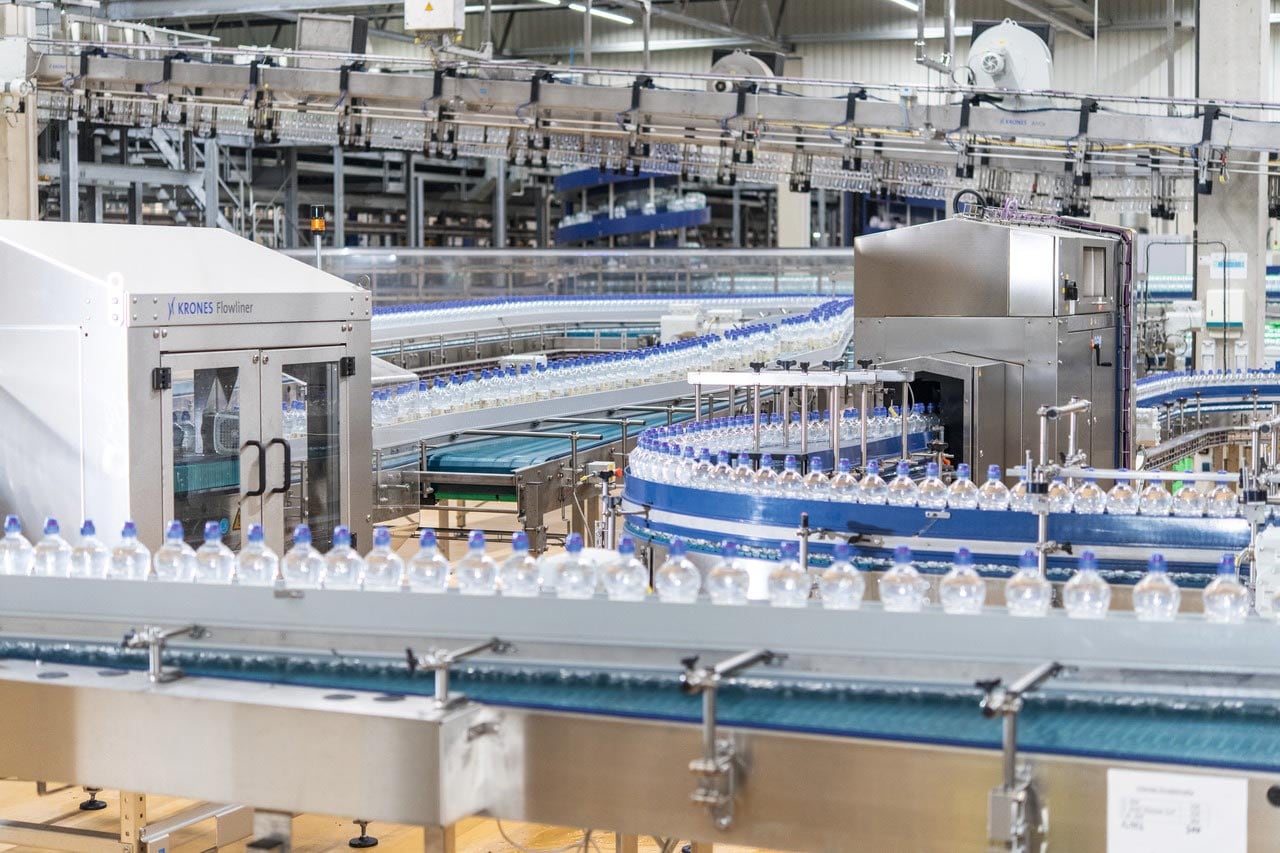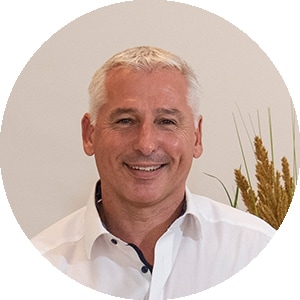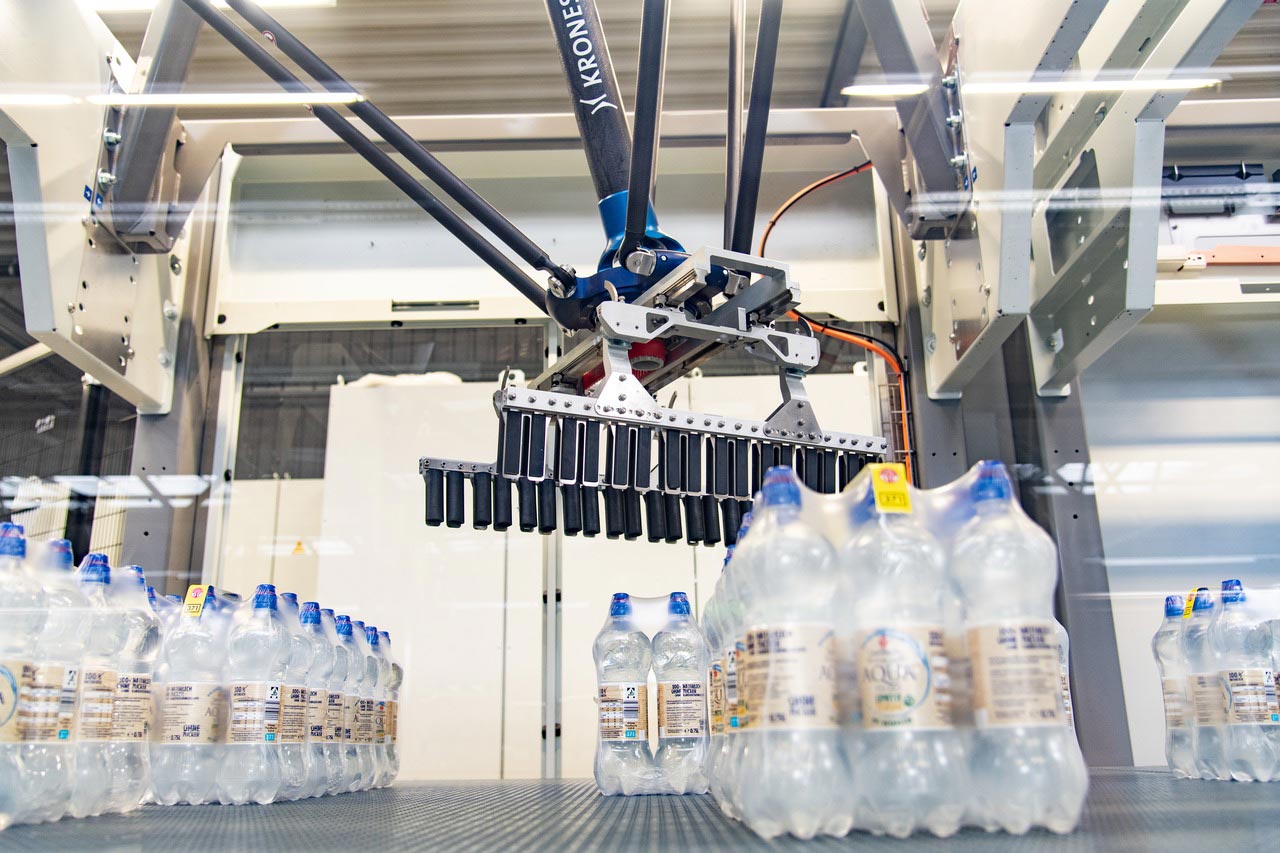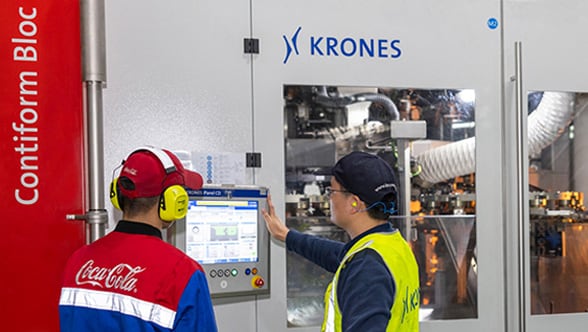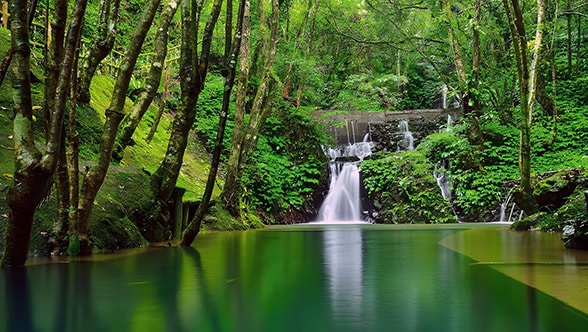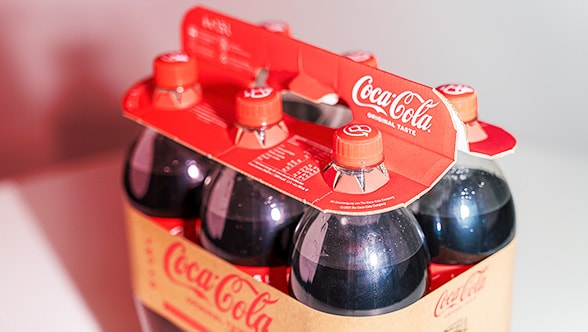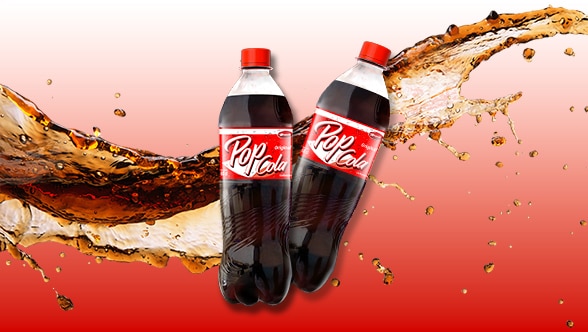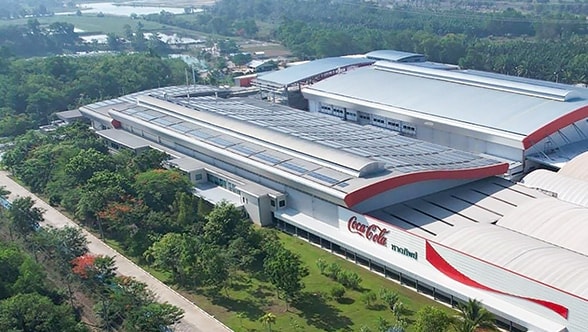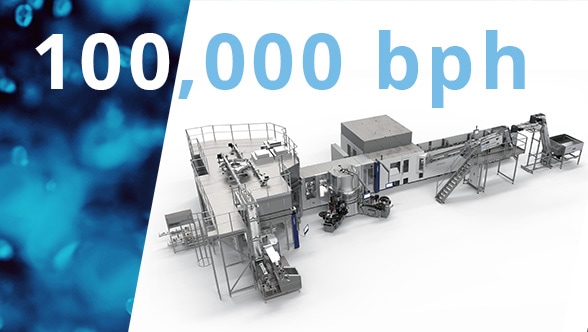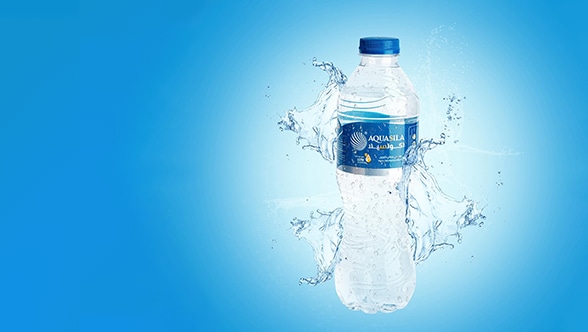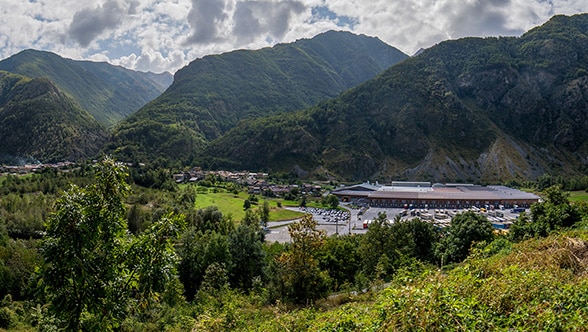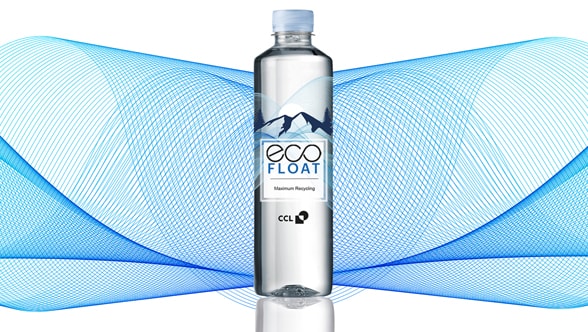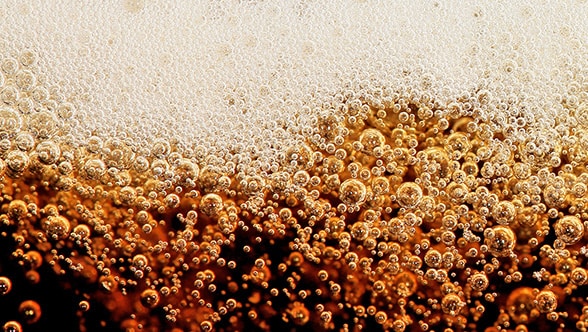When the Vitaqua plant in Breuna was completed in 2007, it was considered one of Europe’s most state-of-the-art beverage production and logistics facilities. Krones served as general contractor and planned, built, and installed everything (except the building itself) in just under a year’s time. The project included
- the turnkey delivery of the entire process technology,
- a high-bay warehouse with 51,000 pallet slots,
- internal logistics,
- the digital connectivity of the entire plant,
- and four PET bottling lines, each rated at 43,200 containers per hour.
That enabled the newly established plant, which takes its water from the hills around Kassel, Germany, to fill around four million containers per day. But that wasn’t the end of it.
